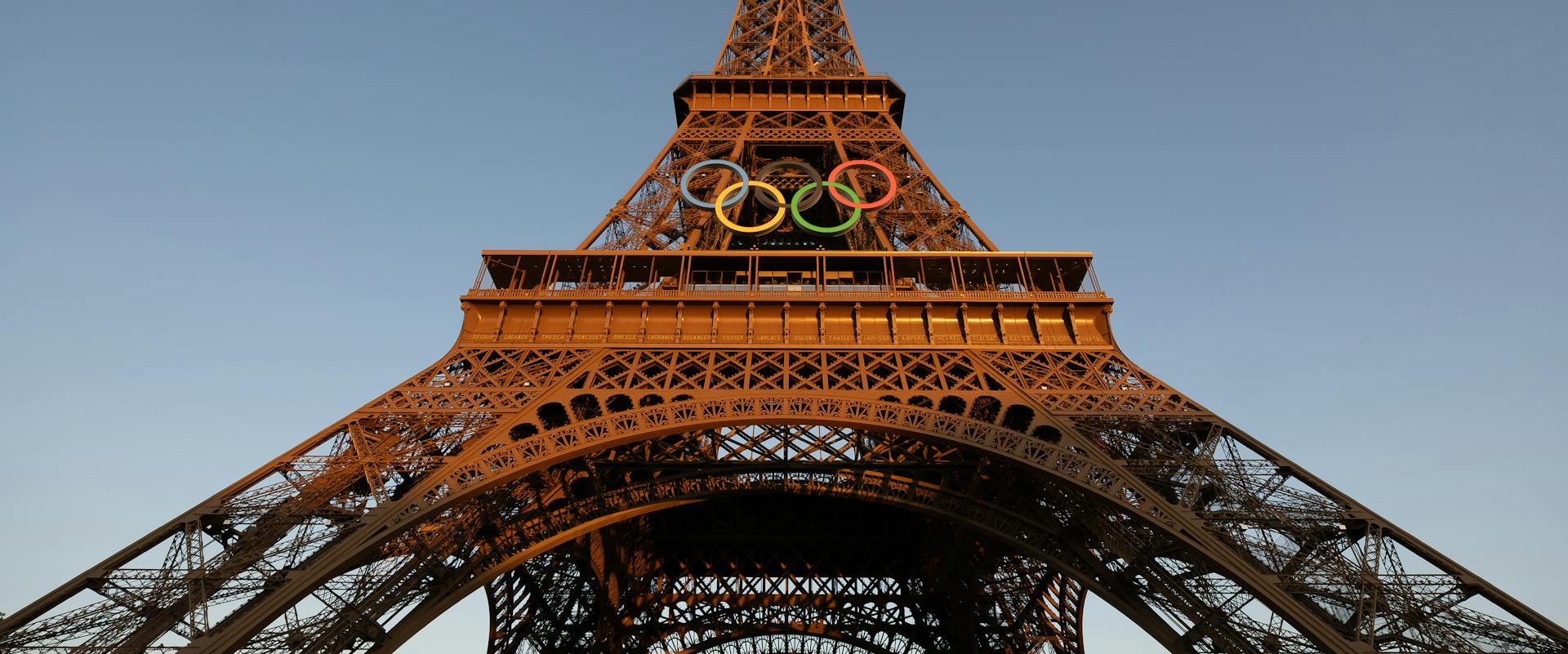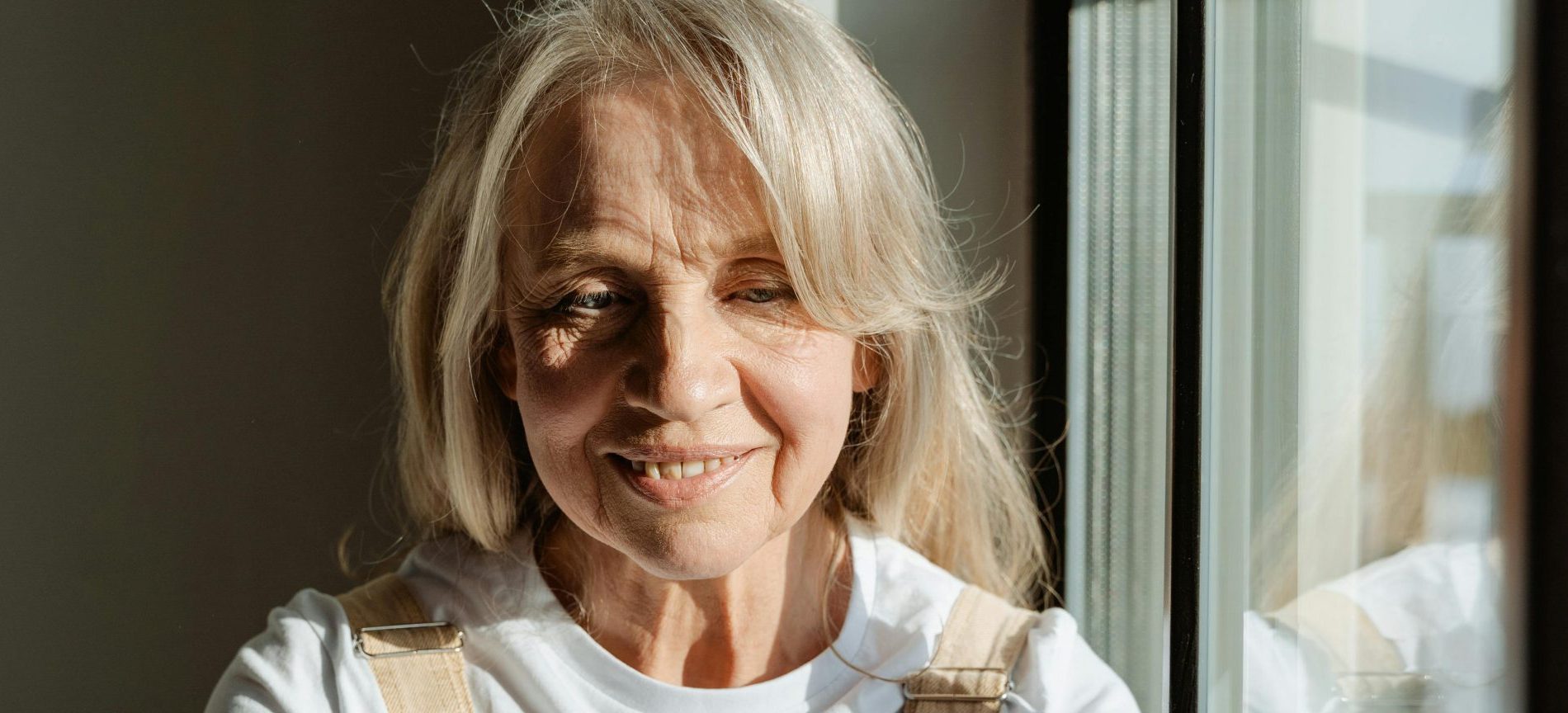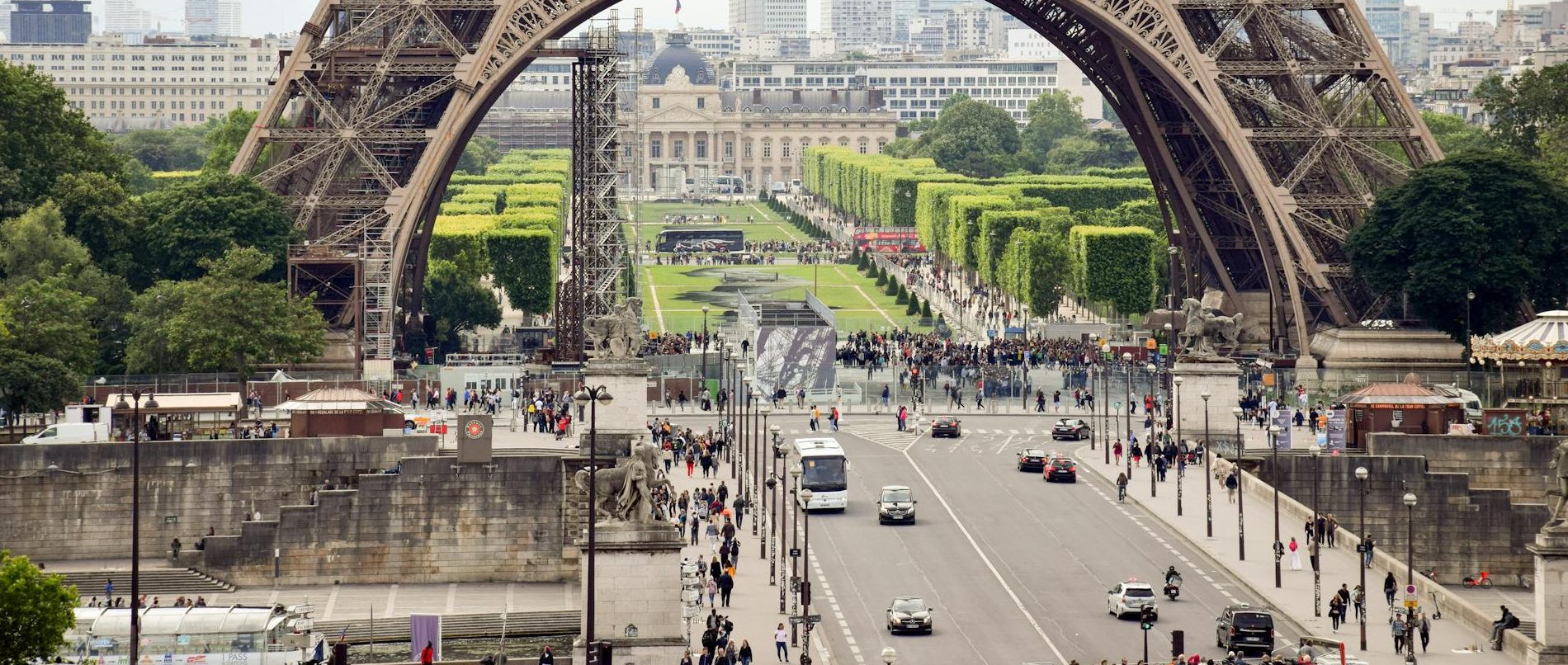
France continues to captivate the hearts of expats from around the world. With its rich history, diverse culture, and stunning landscapes, its appeal is multifaceted. But what about adapting and overcoming cultural shocks? Are the French really like the rest of the world trying to portray them? This article explores why separating generalisations and fictional ideas from the real deal is key. As France remains a top choice for people looking to relocate, we’d like to give you some tips on how settling down could be easier, putting misconceptions aside and experiencing for yourself.
The reputation of being grumpy and unfriendly sounds worldwide, but is this really the case? Let’s use a popular reference to understand the implication of generalising a whole population based on isolated experiences. Although we can count on assumptions to solve simple puzzles in life, exaggerating can lead to misconceptions and paranoid beliefs. It’s natural to want to know more about the people you’ll be surrounded by, the French while moving to France. But keep in mind that while other’s experiences can help us float around a subject or event, the only relevant judgment in the end is your own.
Emily in Pairs is a TV show streaming on Netflix that is quite famous, loved and hated by many. The show follows the story of Emily Cooper, a young American marketing executive who relocates to Paris for a job opportunity. Emily’s experiences to adapt, all the strokes she makes conciliating her career with the complex task of getting over cultural shocks from shifting from North American to the European style of living, plus the frightening idea of overcoming social challenges forming relationships in her new hometown.
Emily’s story might have connected many expats who go through the same daunting processes until settling down. Let’s dive into some of those:
Language Barrier: Emily puts herself in sticky situations, struggling with her French language skills, leading to misunderstandings. Her attempts to communicate in French often result in comedic moments and highlight the difficulties of navigating a new language. These can happen especially if you choose a city known to be less diverse than the significant locations where you can find a great number of expats and English speakers locals. If Emily had trouble communicating in a city like Paris, imagine if she were in a smaller city. We advise you to engage on online platforms, watch French television, listen to French songs and use any helpful tool, such as language learning apps, to help you understand the local language before you move to France.
Cultural Differences: Emily encounters various cultural differences between American and French ways of life. From different work ethics to social norms, she must learn to adjust her expectations and behaviours to fit in with her new environment. For example, at her marketing job, Emily is challenged to adapt to the French work culture. Her innovative and somewhat American approach to marketing often clashes with her more traditional French colleagues, creating tension and misunderstandings.
These aren’t uncommon situations. You don’t even need to go that far. From a much smaller distance, for instance, from the UK to France, you can mention how the In UK work culture values punctuality and direct communication, while in France, there’s a greater emphasis on hierarchy and formalities. Socially, Brits prefer subtlety and understatement, whereas the French often value passionate expression and debate. Work-life balance is more rigidly observed in the UK, with a clear separation between work and personal time, while in France, long lunches and after-work socialising are typical. The UK has a more casual approach to dress and behaviour, whereas France tends to be more formal and sophisticated in both professional and social settings.
Dating and Relationships in France: Emily navigates the complexities of dating in Paris, encountering differences in dating customs and relationship dynamics. Her romantic entanglements provide drama and humour, highlighting the contrasts between American and French attitudes towards love and relationships. Likewise, let’s use the UK to compare this topic with the French way of loving. In France, dating is often more relaxed than in the UK. French dating is typically characterised by focusing on romance and chemistry rather than formal dating structures. Relationships may progress more slowly, emphasising casual meet-ups and meaningful conversation. UK dating can be more structured, with more precise expectations for commitment and relationship progression. French social norms also embrace greater flirtation and spontaneity, whereas UK dating values direct communication and defined relationship stages. Both cultures have their unique customs, reflecting broader differences in attitudes towards romance and relationships. But every person is their entire universe, so don’t forget to live for yourself while experiencing something so beautiful as being in love. Every experience is unique, especially in this matter.
Culinary Experiences: She must also adjust to French cuisine and dining customs. Her experiences with French food and dining etiquette offer both challenges and delightful discoveries. Shall we go with one more example with the Brits? UK and French cuisines differ significantly in flavour profiles, ingredients, and dining traditions. French cuisine often features rich, complex flavours emphasising fresh, high-quality ingredients like butter, cream, and fine wines, which can be a delight. The UK cuisine is traditionally more uncomplicated and straightforward, focusing on hearty, comforting dishes. The French emphasis on culinary artistry and sophisticated presentation can be both a shock and a delight for those used to more basic fare. Additionally, French dining etiquette and meal structure, including lengthy, multi-course meals, might surprise those accustomed to quicker, less formal dining.
Overall, the series aims to show the challenge of relocating internationally, enforcing that we must overcome preconceived notions and develop resilience. Life imitating art can be a free lesson to prepare us for possible outcomes from social interaction and cultural shocks. Even though accuracy might be lacking in many cases, giving us a bit of the opportunity to explore the cultural contrasts beforehand is a big help.
The bureaucracy exists for people of any nationality aiming to move to France, but it can be trickier for potential expats from non-EU countries. Here are some practical steps to make the process easier:
In Emily in Paris, Emily Cooper moves to Paris with the help of a marketing firm. They arrange her moving details, including her visa and accommodation. The professional assistance with the logistics of her move was present all along. This contrasts with many real-life moves, where individuals may be lost in the sea of rules and documents. Let us help you navigate through this. At VanOne International Movers, we are prepared to handle international transitions, including arranging customs clearance, shipping belongings, and dealing with any detail related to your house removal. Contact us today and get a free quote to collect and deliver your belongings to the door of your new home in France.
 Is a Good Scenario for Expats to Invest in France Right Now?
Is a Good Scenario for Expats to Invest in France Right Now?Is a Good Scenario for Expats to Invest in France Right Now? Investing in France can be an…
 What is the Paris 2024 Legacy Plan?
What is the Paris 2024 Legacy Plan?What is the Paris 2024 Legacy Plan? There is nothing better than the Olympic games to restore what…
 Can a UK Pensioner Retire to France? Retiring in France Guide
Can a UK Pensioner Retire to France? Retiring in France GuideCan a UK Pensioner Retire to France? Retiring in France Guide A significant number of British expatriates in…
 Bad Things About Living in France
Bad Things About Living in FranceBad Things About Living in France France is undoubtedly an irresistible country. Beyond beauty, its history and culture…